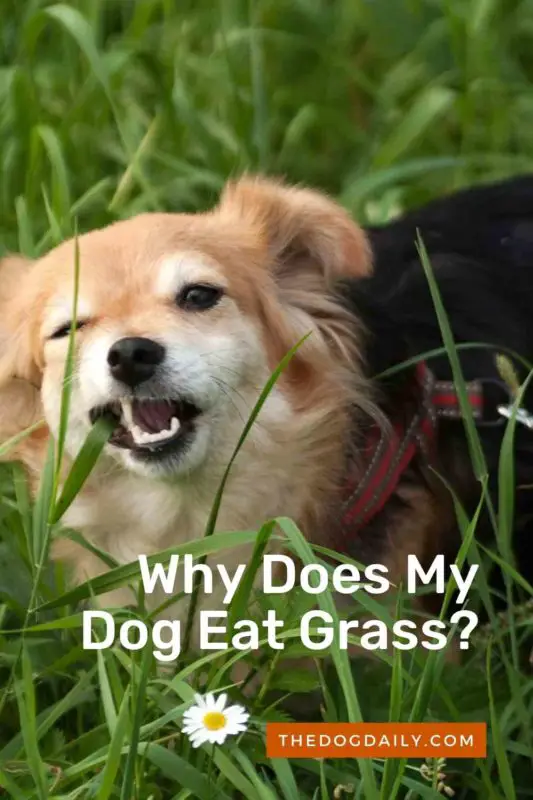Should You Let Your Dog Eat Grass?
Some dogs see a verdant lawn as an invitation to romp. Others view that swath of grass as a welcome snack. If you count your pup among the dogs that occasionally graze on grass, you’re far from alone. Veterinarians receive many questions about grass grazing. They don’t always have direct answers for their clients, says Dr. Laird Goodman, DVM, a member of the Oregon Veterinary Medical Association board.
“Nobody knows why dogs do it,” says Dr. Goodman. “The short answer is they do it because they like to eat grass. I sometimes say some dogs want to have a salad before they have their meal.”
Why Does My Dog Want To Eat Grass and Weeds?
Several possibilities may explain your dog’s occasional inclination to munch on grass. Dr. Goodman and Dr. Stephen Steep, past president of the Michigan Veterinary Medical Association, explain the theories:
-
Why Do Dogs Eat Grass and Vomit?
It’s an unpleasant reality associated with grazing, but many dogs bring up their food after eating grass. However, it’s unclear whether dogs eat grass to stimulate this action and clear their throat or stomach of unwanted matter. “Most clients think that their pets eat grass because they need to vomit,” says Dr. Steep. “This isn’t necessarily so. Many seemingly healthy dogs eat grass and may or may not vomit. Many dogs have gastrointestinal upset but do not show any interest in grass.”
-
Nutritional Deficiency in Your Dog’s Diet
Some veterinarians suspect that dogs graze because they’re missing something in their diet, says Dr. Steep. However, science doesn’t yet provide any definitive answers about what those deficiencies may be.
-
Canines’ Animal Nature
Wolves and coyotes often eat the grain- and green-filled entrails of their prey first, says Dr. Goodman. “That’s the salad before the meal part,” he jokes. One of Dr. Steep’s veterinary school professors suggested that eating grass may even be a throwback behavior that provides some evolutionary advantage to dogs.
-
Your Dog Enjoys the Taste of Grass
The answer may be as simple as your dog’s enjoyment of the tender green stuff.
Helping Your Canine Grass Grazer
Even though eating grass falls within the realm of normal behavior for dogs, handle your dog’s grazing with caution, say the veterinarians. They advise you to take these three steps:
-
Define the Location Your Dog Grazes
Lawns are often treated with toxic fertilizers or pesticides, which could harm your dog — particularly during the warmer months. Consider providing an alternative like the kitty greens that cat owners grow in a small pot indoors. Fresh, moist shoots, which may be more appealing to your dog, are less likely to irritate their digestive system than harsh, sharp grass blades.
-
Limit the Amount of Grazing
The messy tummy-upset sometimes associated with grass grazing may cause inflammation of your dog’s esophagus. “Dogs are the consummate vomiters, but it is not always beneficial,” says Dr. Steep. Because dogs don’t digest grass well, provide it only as a small, rare treat.
Offer Pet Food Containing Greens
Feeding your dog a commercial food containing greens, such as spinach, is a safe alternative, says Dr. Goodman. If your dog’s grass grazing is due to nutritional reasons, the food should satisfy that need.
If you take these steps, there’s no reason to worry about your dog’s behavior. “It has been my observation that some dogs just like to eat grass. They may have a preference for certain types of grass,” says Dr. Steep. “I had a wonderful dog named Moose who would wander the backyard until he found just the right type of grass — long, slender strands — and he would graze on those tender shoots.”
Article written by Author: Kim Boatman

